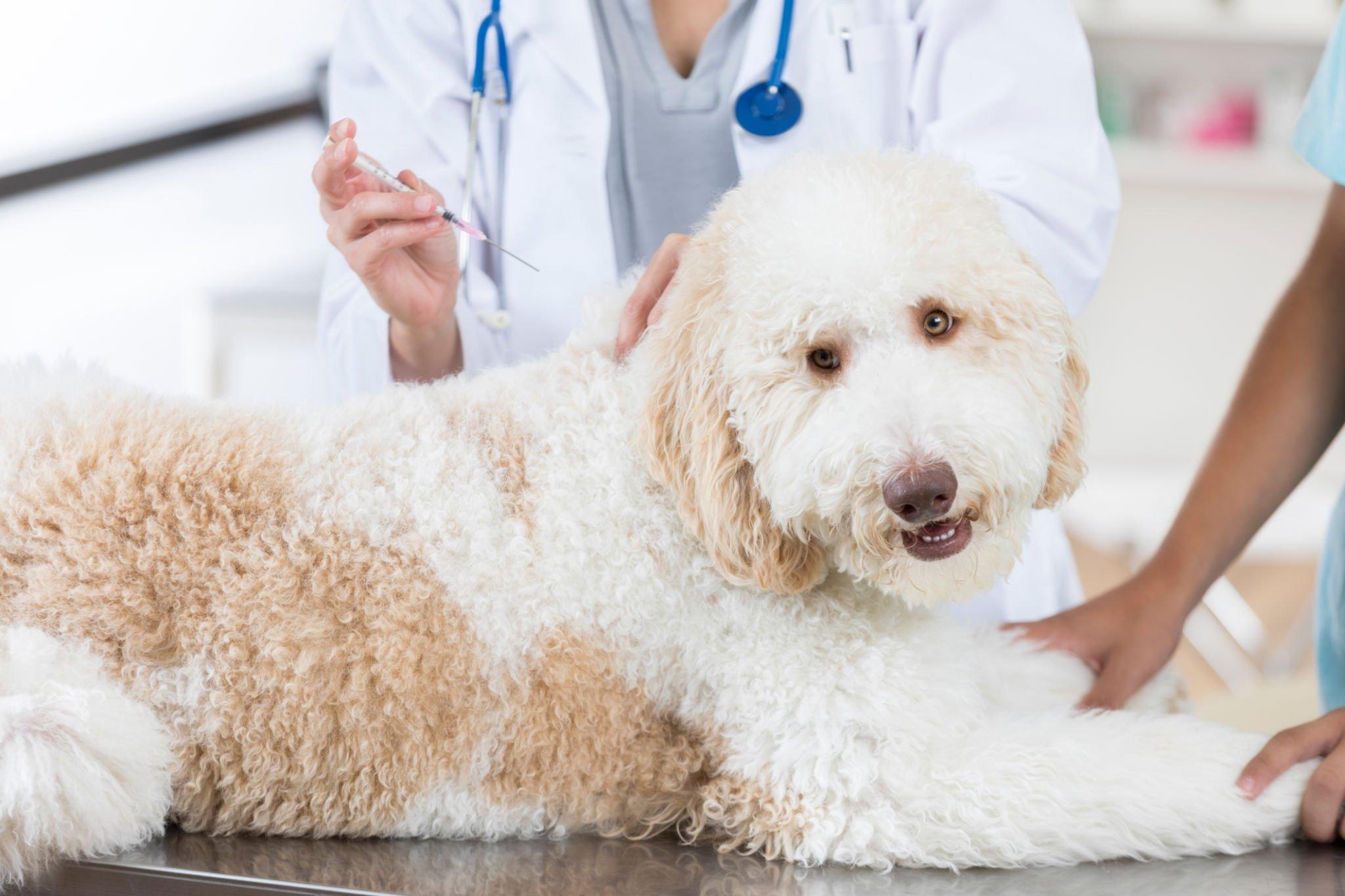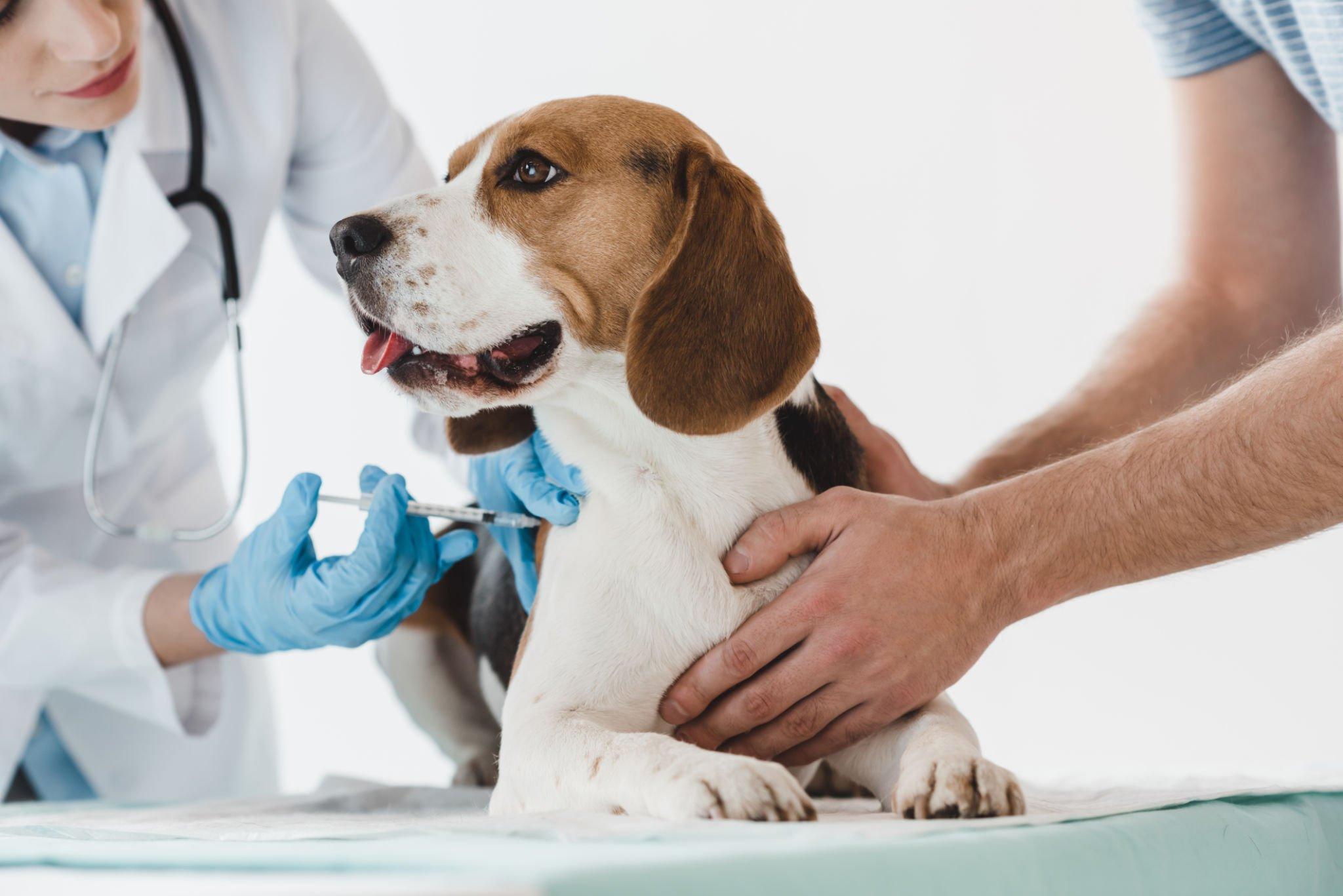For pet lovers and owners, raising a pet and providing for their well-being is a huge responsibility. Pets are a bundle of joy; our companion in both good and bad; loyal friend and God know what.
As responsible pet parents, we do everything to give them a good, healthy, and disease-free life. Thus, it is imperative to say that we take pet vaccinations as seriously as any other thing.

So, let’s see what pet vaccines you can get your pet at Virginia veterinary clinic and find out more about it.
About pet vaccinations
Pets need vaccines as much as humans to stay away from a wide range of diseases and infections that can affect their lives.
Pet vaccines help by boosting their immune system and building antibodies in their body. It is advisable to bring your pet to pet hospital Virginia Beach for a thorough assessment which will help in making a vaccination plan.
To make the vaccine effective, an agent similar to the disease-causing microorganism is filled with it.
Once injected into the body, the vaccine releases the antigen and stimulates the body to produce antibodies to fight off the disease. This allows the body’s immune system to register and reorganize the threat and fight it off in the future.
For effective results, it is advised to give vaccines to pets when they are not sick or suffering from any illness.
Vaccines usually take around a week to work and develop immunity. But one thing worth understanding is that vaccines are a preventive measure and not a cure.
The importance of vaccines

It is imperative to say that you should keep a check on the vaccination needs of your pets to ensure they enjoy a healthy and illness-free life.
Vaccines also provide that they develop properly and grow stronger. Veterinarians advise that pets should be brought to the clinic for general health assessment once a year.
It is also important to note that the need to get your pet vaccinated for disease depends on various factors. These factors could be age, medical history, species, breeds, lifestyle, and habitats.
Types of vaccines
Pet vaccines are of two kinds; Core and Lifestyle or Non-core.
As per the World Small Animal Veterinary Association (WSAVA), core vaccines are those that help animals prevent catching critical diseases. Every pet must receive this vaccine irrespective of their age, breed, lifestyle, and medical history.
Unlike core vaccines, non-core vaccines are geographic location, lifestyle, and habitat-specific. These vaccines are given to the pets according to their needs.
Besides these, there is another category of vaccine identified by WSAVA. This third category is of the non-recommended vaccines that are not effective and scientifically justified to prevent disease. It is suggested that one should avoid giving these shots to their pet to avert any risk.

How often should my pet be vaccinated?
Previously, it was recommended that pets should receive vaccines every 12 months. However, new reports have shown that the effect of some vaccines remains for over a year.
How long one should wait between each shot usually depends upon how old the pet is. For a small pet, younger than six months, it should be vaccinated three times within that time.
Some pets can go on for as long as three years without getting vaccinated.









